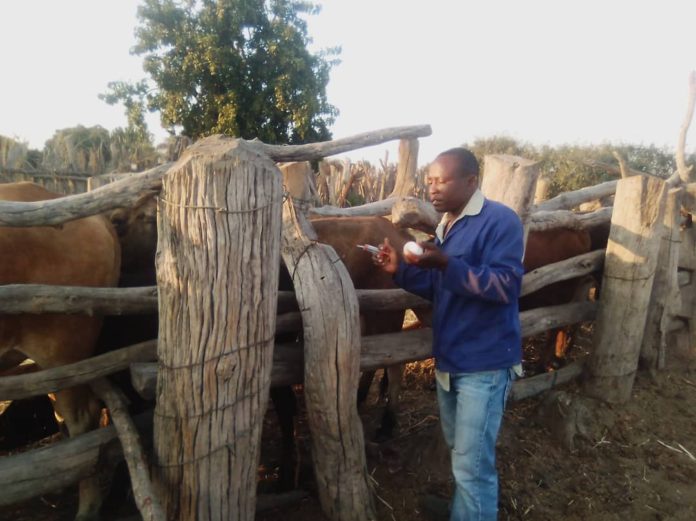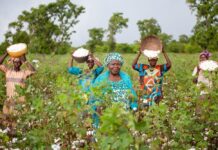“Awareness, awareness, awareness.” It is critical for farmers and pet owners in rural areas to be made aware of the importance of proper preventative veterinary care to ensure optimal animal health, says South African Veterinary Council (SAVC) vice-president and veterinarian Dr Nomsa Mnisi
People living in South Africa’s more remote rural areas face challenges such as the limited availability of veterinary professionals, inequitable access to veterinary services and the high cost of private veterinary care.
Dr Mnisi believes that if such issues are not adequately addressed through awareness and education campaigns about primary healthcare, outbreaks of animal disease could ultimately pose a threat to food production and security, as well as public health. This is because animal health is closely linked to human and environmental health.
“Animal healthcare is often treated as a service for the rich. But it’s not – it’s for everyone. It’s a basic need, like water and electricity. As veterinary professionals, we need to take the lead and create awareness among our colleagues, as well as among health and education professionals, of the importance of animal health and then head out into communities with the same message,” says Dr Mnisi. “It starts with us.”
She explains that in rural areas, farmers depend largely on the services of veterinarians and para-veterinarians located in urban centres, who have to drive long distances to examine and treat sick animals. “Sometimes, a farmer or animal owner will call for service and only get attended to days later – it’s seldom they can ask for and receive help on the same day, and animals can die in that time.
“When rural farmers do receive timely veterinary services, it can be very expensive if it’s a private vet – and affordability becomes an issue. As for state vets, government-run facilities have their own challenges in terms of resources. And if they write a script for a farmer, the farmer still needs to travel to a town to get it filled.” The result is that animals in far-flung areas often receive little to no veterinary care – or when they do, it comes too late.
But, Dr Mnisi insists, it’s not merely a matter of training up and dispatching more veterinary and para-veterinary professionals to rural areas. The reality is that it is often not financially sustainable or viable to set up permanent practices in these areas, and the challenge requires a more nuanced approach.
One obvious solution, she believes, is educating rural farmers and pet owners about the importance of primary healthcare, which can prevent many animal diseases before they spiral out of hand and become a problem among a particular livestock population.
This includes vaccinations against diseases such as brucellosis and anthrax, which are offered by state veterinary services for free in most instances, and vaccinating dogs and cats against rabies.
“Most people only call for veterinary or para-veterinary assistance when there’s a problem, but if we create more awareness, more rural farmers will know about the preventative element instead of waiting until it’s perhaps too late for an infected animal or herd,” says Dr Mnisi.

“Disease can take hold, multiply and cause more problems. We need a proper understanding of animal health and ownership. It’s true when some people say that a dog or cat is like having another child – because when you commit to owning a pet or other animal, you should do it properly and responsibly, and know what you’re in for.”
Peers, fellow farmers and neighbours can play a major role in encouraging others in their community to take advantage of free animal vaccination campaigns in their areas, she believes. Furthermore, she says education about the importance of animal health should begin at primary school level, so it can become embedded in people’s consciousness from a young age.
“Unchecked disease in animal populations can affect the availability and safety of food produced, with implications such as food shortages and expensive imports. There is also the matter of antimicrobial resistance, which can arise through the irresponsible use of antibiotics. Plus, there are the public health implications of, for example, stray dogs with rabies biting humans, and if you do not take care of issues like internal and external parasites, they can come back and haunt human health.”
Ultimately, animal and human health should become everyone’s business, asserts Dr Mnisi. More visible communications campaigns in this regard, including job shadowing, could also prick the curiosity of youngsters from under-served areas to want to enter the veterinary and para-veterinary professions and make a difference in the communities they hail from.
“I’m here as a veterinary professional to bridge the gap between human and animal health,” she says. “I always say that a happy animal means a happy farmer and a happy community.”









